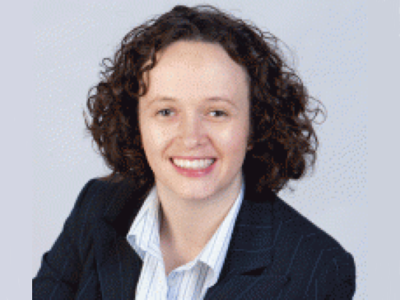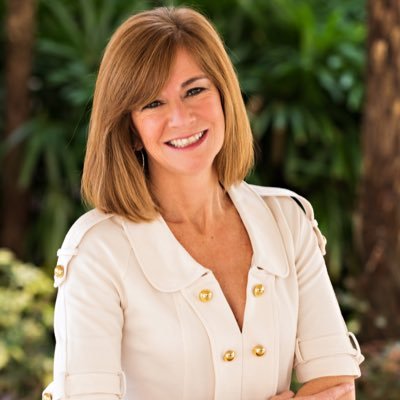By Nicki Gilmour, Executive Coach and Organizational Pyschologist 
“All men are created equal” is written without understanding that at the time it was penned women had no rights and people of color were slaves, so it really did mean men not people. (Disclaimer, I am not an expert so I mention it only to tell you why it matters to you now, at work, in your cube trying to make a living.)
The ERA (Equal Rights Amendment) was never ratified in the USA (there is still time and you can help with that) and the USA is the only country that won’t ratify the CEDAW agreement internationally (joining a couple of small islands only). What does that mean? Watch the great and slightly harrowing documentary Equal Means Equal to see how culturally this forgotten work on this inequality can play out from the wage gap to the mommy track to much more sinister criminal issues. It is 100% legal for companies to pay you less. Loop holes are everywhere it seems. You might be shocked to learn more about this topic that most of us thought was an issue that had been resolved by generations that went before us.
The law is very mixed when it comes to protecting Lesbians and Gays (and Bi and Trans) people at work. The person beside you could be literally fired in 50% of the States due to being suspected as gay (see ENDA). Did you know that?
Psychological safety in a human can be greatly reduced without equal protections and actual consequences can be real for all aspects of an LGBT person’s life, and increasingly so under certain legislation such as the religious liberties act. On paper, it is a good thing for people in America to be able to honor their belief set but in reality it sets up a paradigm of blanket at worst and pick and choose bigotry at best. One fellow was refused burial by an undertaker, the federal law because corporations have the rights of people in America, entire companies could make actual decisions that can refuse to serve people that they perceive as gay from life to death and all the pizzas you might want to eat in the middle. Some states are better than others at providing anti-discrimination protections but overall the picture is dire with only 19 states protecting their LGBT citizens against “corporation as people” potential bigotry. Many people do not realize is still very much in a fragile state.
So, what to do? I certainly cannot tell you who to vote for but I would ask you to understand what you are voting for when you cast your vote at local or presidential level. At work, if you are a woman who wants a level playing field (and some clearly do not consciously or unconsciously) then work for a good company who actively offsets uneven playing fields in a protected state. There are some very progressive companies out there who do their best to level the playing field and arguably with the state of affairs regarding any level playing field federally stalled at best or regressing at worst, great corporations, to their credit, are honoring the progress track.
Pick a winner but check out on issues like pay, promotions and benefits and where senior management show up or do not show up. It is a digital world and due diligence will only take you a moment.





